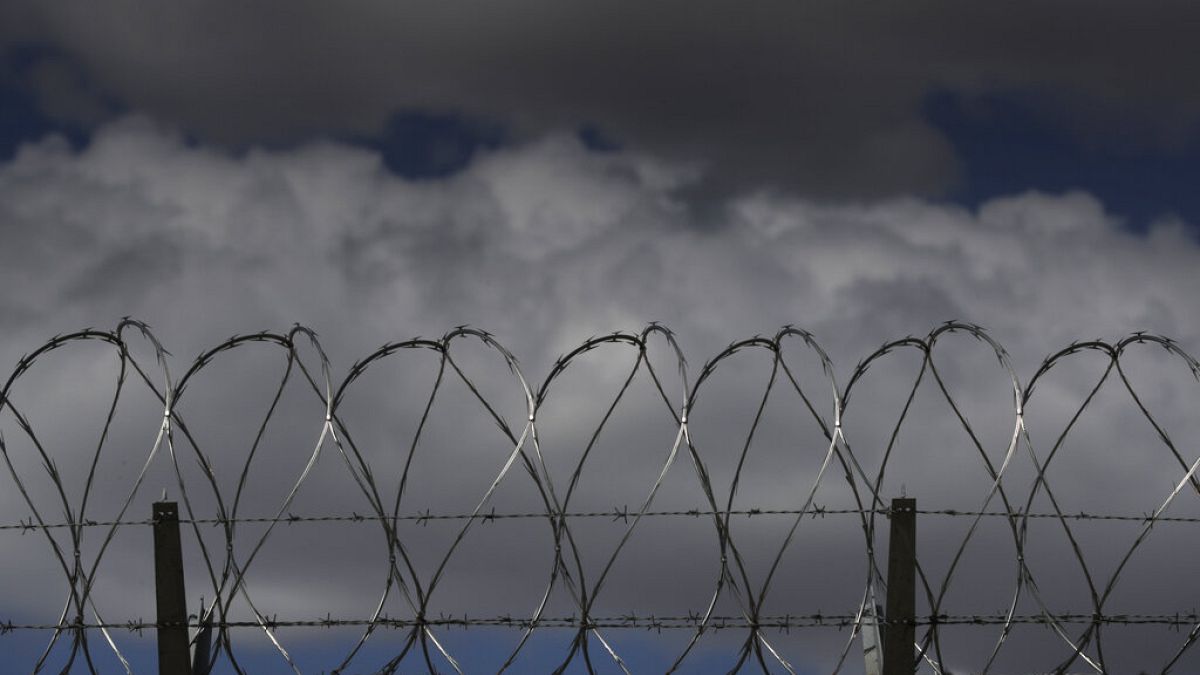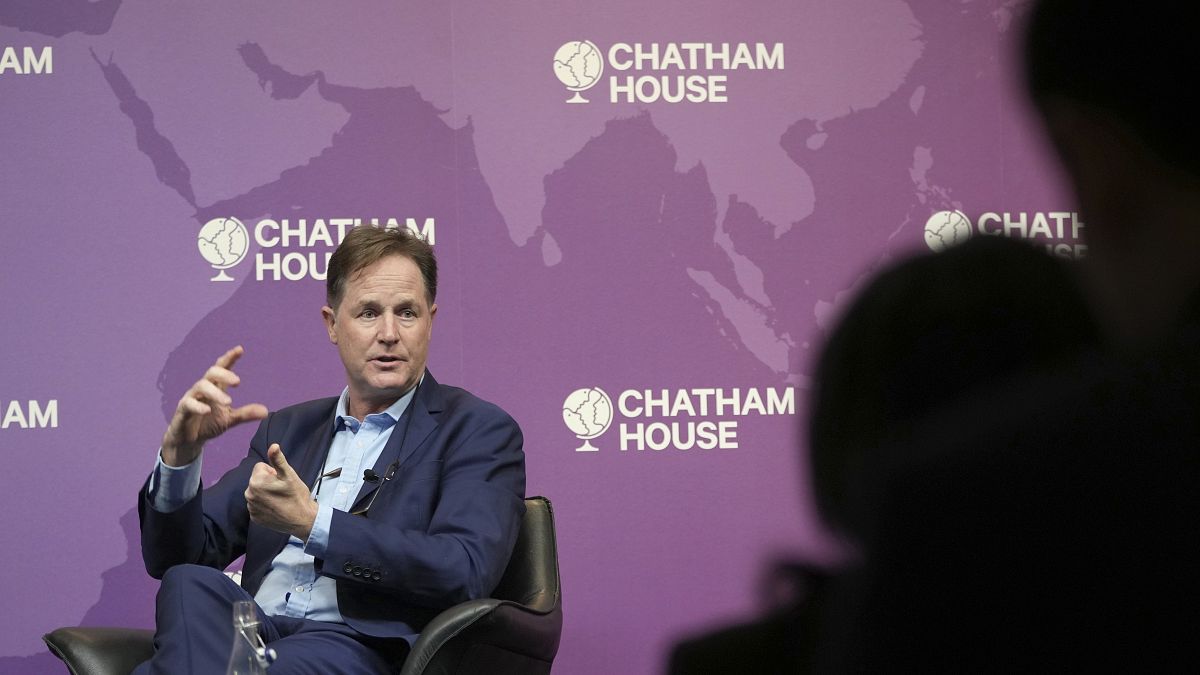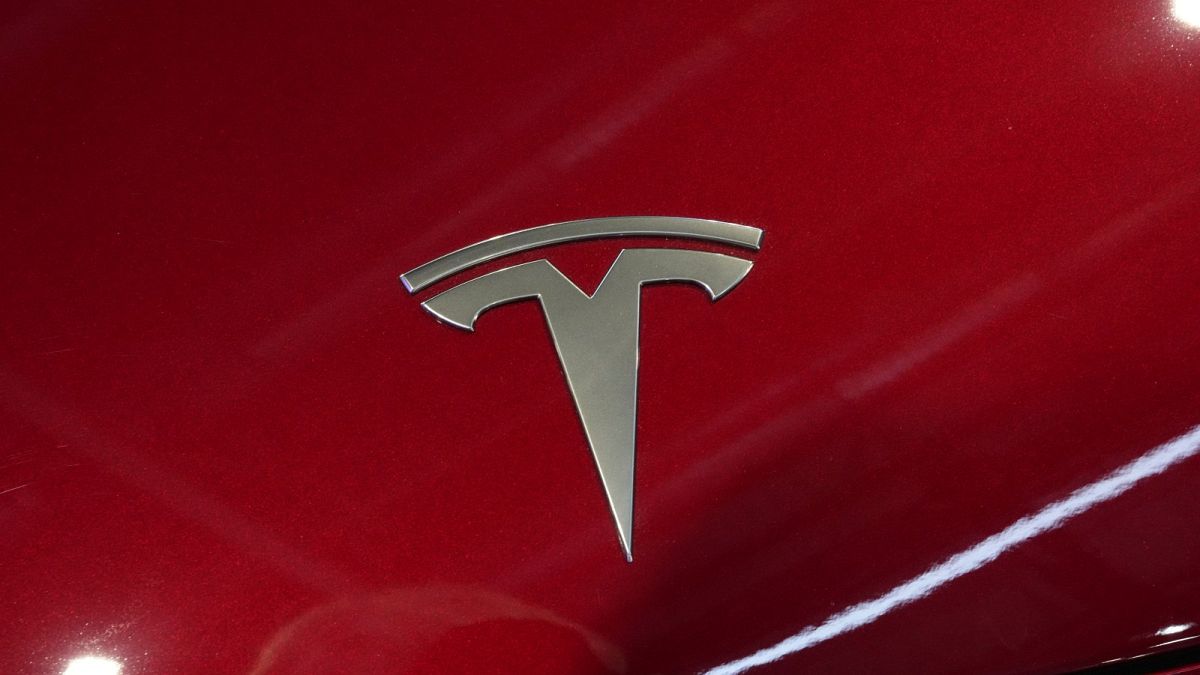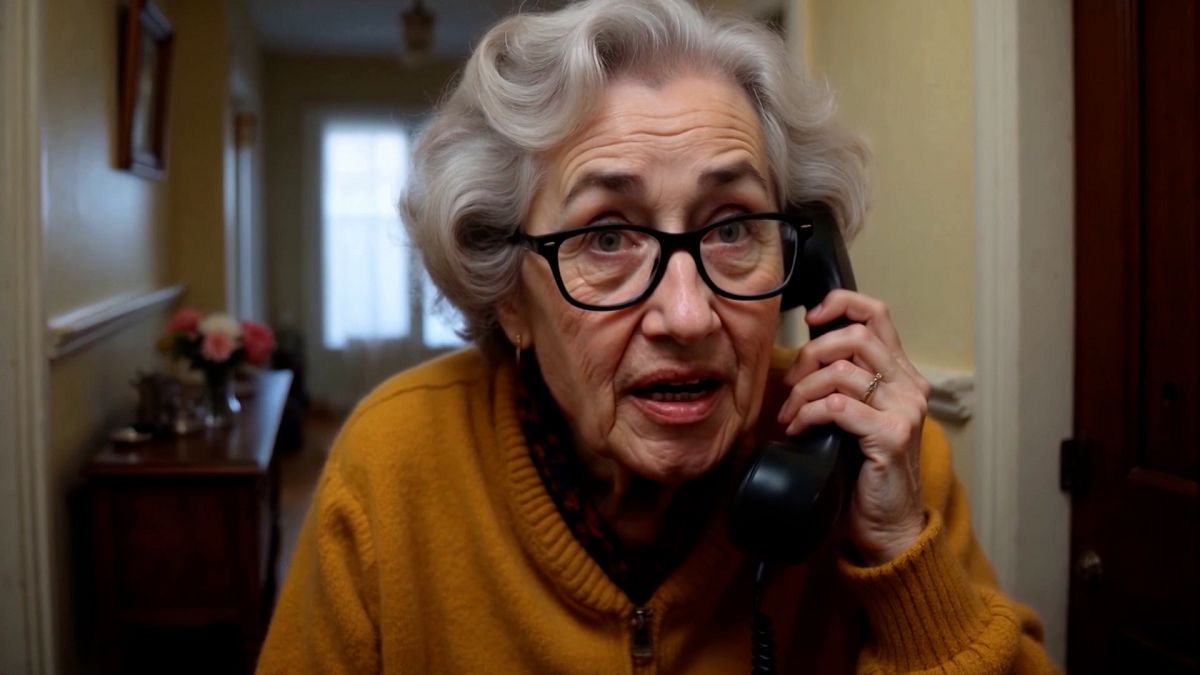Serbia's refusal to impose sanctions on Russia was one of the main stumbling blocks impeding the country from moving to the next stage of accession talks.
Hungary's pitch to advance accession talks with Serbia to the next stage was rejected by a sizable group of European Union countries, several diplomats told Euronews, making it impossible to secure the necessary unanimity.
The debate played out on Monday during a closed-door meeting of ambassadors.
Croatia, Estonia, Finland, Germany, Latvia, Lithuania, the Netherlands and Sweden were among those who opposed the move, pointing the finger at Belgrade's patchy track record on fundamental rights, strained relations with neighbouring Kosovo and, especially, continued refusal to impose sanctions on Russia.
The proposal, tabled by Hungary's presidency of the EU Council, was meant to bring Serbia closer to opening Cluster 3 of the accession process, which covers eight individual chapters related to competitiveness and economic growth, such as taxation, monetary policy, employment, customs union and scientific research.
Serbia had previously unlocked five of these eight chapters but Brussels changed the rules in 2020 to create the thematic clusters, which now need to be opened as a whole after meeting a series of preliminary benchmarks.
According to the European Commission, Serbia has met the benchmarks and is "technically ready" to begin talks under Cluster 3, leaving the final decision in the hands of member states, who have to green-light every step of the process by unanimity.
The consensus failed to materialise on Monday after Hungary, a staunch supporter of Serbia's European integration, tabled the proposal on Cluster 3. The opposition group acknowledged the progress made by Serbia in its membership bid but insisted that "concrete results are required" before moving forward, a diplomat said.
A main point of concern around the table was Belgrade's conspicuous lack of alignment with the EU's foreign policy, particularly when it comes to the multiple sanctions the bloc has imposed on Russia over the full-scale invasion of Ukraine, the diplomat said.
While stressing his country's commitment to EU membership, Serbian President Aleksandar Vučić has said he is not "ashamed' of maintaining "traditionally very good ties" with Moscow and refusing to follow Western restrictions.
"Nobody in Europe agrees with me on this issue, but everybody in Europe understands my position," Vučić said in September.
Belgrade is also under scrutiny for its free trade agreement with China, which took effect on 1 July and immediately removed 60% of tariffs between the two sides. It is unclear how a country with a free trade deal with China could become part of the EU, as the bloc's commercial policy is unified and determined by Brussels.
Serbia "has maintained high-level relations with the Russian Federation and intensified its relations with China, raising questions about Serbia's strategic direction," the Commission wrote in the enlargement report released last month.
Vučić's policy resembles that of Hungarian Prime Minister Viktor Orbán, who has broken ranks with his EU peers to foster good relations with Russia's Vladimir Putin and China's Xi Jinping. Orbán's highly controversial "peace tour" in the summer, which saw him travelling to Moscow and Beijing, prompted accusations of disloyalty.
Advancing accession talks with the candidates of the Western Balkans is one of the key priorities of Hungary's EU Council presidency, set to end on 31 December.
"We promised to the Western Balkans countries twenty years ago that they will be given entry, and it is time to fulfil the promise," Orbán has said.
While Brussels approaches the enlargement process as "merits-based", the decisions taken by member states are intrinsically political. Hungary, for example, has been reluctant to move forward with Ukraine's bid, which is currently at a virtual standstill.

 1 month ago
19
1 month ago
19






 We deliver critical software at unparalleled value and speed to help your business thrive
We deliver critical software at unparalleled value and speed to help your business thrive






 English (US) ·
English (US) ·